Scholars Spotlight - Luc Robinson
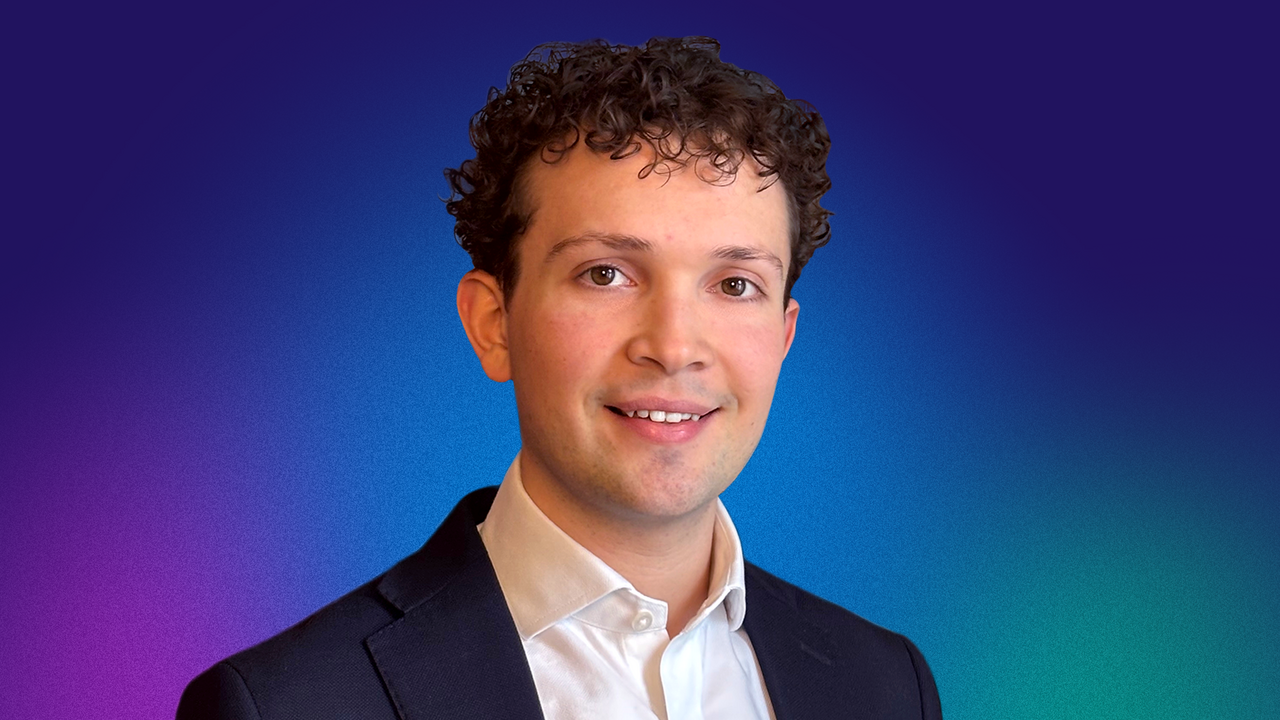
Discover more Scholar Spotlights.
Luc Robinson, a Laidlaw Scholar at Durham University on The design and synthesis of a novel chemical probe for use in the parasite Leishmania mexicana.
Research title:
The design and synthesis of a novel chemical probe for use in the parasite Leishmania mexicana.
Please briefly outline what your research is about, and its potential real world impact
Neglected tropical diseases are a collection of 20 infectious diseases that impact over one-sixth of the world’s population.1 Among them, the parasitic infection leishmaniasis carries one of the highest disease burdens.2 Endemic throughout much of the developing world, it causes over one million new infections each year, primarily affecting those experiencing poverty, malnutrition, displacement, and inadequate housing.3,4 In many communities, the skin lesions and severe facial scarring caused by the disease bring profound social stigma.5
Current treatments are inadequate – they are highly toxic, require painful daily injections, have low efficacy and are expensive.6 Recently, increasing resistance to the few available medications has been reported.7 Thus, it is clear that new, safe, topical or oral, well-tolerated, and affordable treatments are needed. However, as leishmaniasis primarily affects populations with limited capacity to pay, there has been little commercial incentive for pharmaceutical research.
The aim of my research was to deepen the understanding of the Leishmania mexicana parasite and help lay the groundwork for developing new treatments. I did this by designing and testing a new chemical probe – a small molecule used to study how the parasite’s proteins behave and interact. The project focused on enzymes called phosphatases, which play an important role in cell communication and the parasite’s survival. By observing how different compounds affected these enzymes, we hoped to identify targets that could be exploited by future drugs.
In the end, my project achieved promising results: the probe I synthesised successfully tagged a range of proteins in an SDS-PAGE experiment. However, further work is needed to confirm that these proteins are indeed the desired phosphatases and to refine the probe for future studies.
Where did your passion for this research originate? How does your personal story feed into it?
My interest in research grew from a long-standing fascination with chemistry and the biology of disease. I’ve always found it extraordinary that the human body can be so remarkable and resilient – capable of healing from immense physical trauma, yet at the same time is so vulnerable to microscopic intruders. This dichotomy between resilience and fragility captivated me from an early age. It’s what first drew me to chemistry: the desire to understand, at a molecular level, how something so advanced can also be so easily undone.
Before university, I worked as a vaccinator in the NHS during the COVID-19 pandemic. It was an intense and humbling experience that showed me the real-world impact of scientific discovery. I saw first-hand how new tools – in this case, vaccines developed in record time – could save lives on a massive scale. I personally vaccinated more than a thousand people, an experience that deepened my appreciation for how rapidly research can transform from concept to cure.
Ever since, I have wanted to contribute to the development of chemical tools that can transform lives and societies. Nowhere is this need more urgent than in the fight against neglected tropical diseases such as Leishmaniasis, where progress in basic research holds the potential to bring relief to millions who are too often overlooked.
What is the most memorable moment from your Laidlaw scholarship experience so far?
The most memorable moment of my Laidlaw Scholarship came in the final week of my first summer research project, when I ran the SDS-PAGE experiment. After five weeks of chemical synthesis and several days preparing gels, everything came down to this single test: the point at which I would finally learn whether the probe I had designed actually worked.
Throughout the project, the success of the chemical synthesis had been confirmed through spectroscopy, but the biology behind it all - the question of whether the probe would interact with the parasite’s proteins - remained theoretical. As my supervisor and I watched the gel begin to run, faint bands started to appear, but it wasn’t until we visualised it under the fluorescent scanner that the result became clear. The probe had successfully tagged a range of proteins. In that moment, I felt both relief and awe - proof that months of effort had led somewhere tangible. Yet it was also humbling: this single gel was only the first step. For this probe to have an impact, hundreds more will need to follow - a reminder that science moves forward one careful, patient experiment at a time.
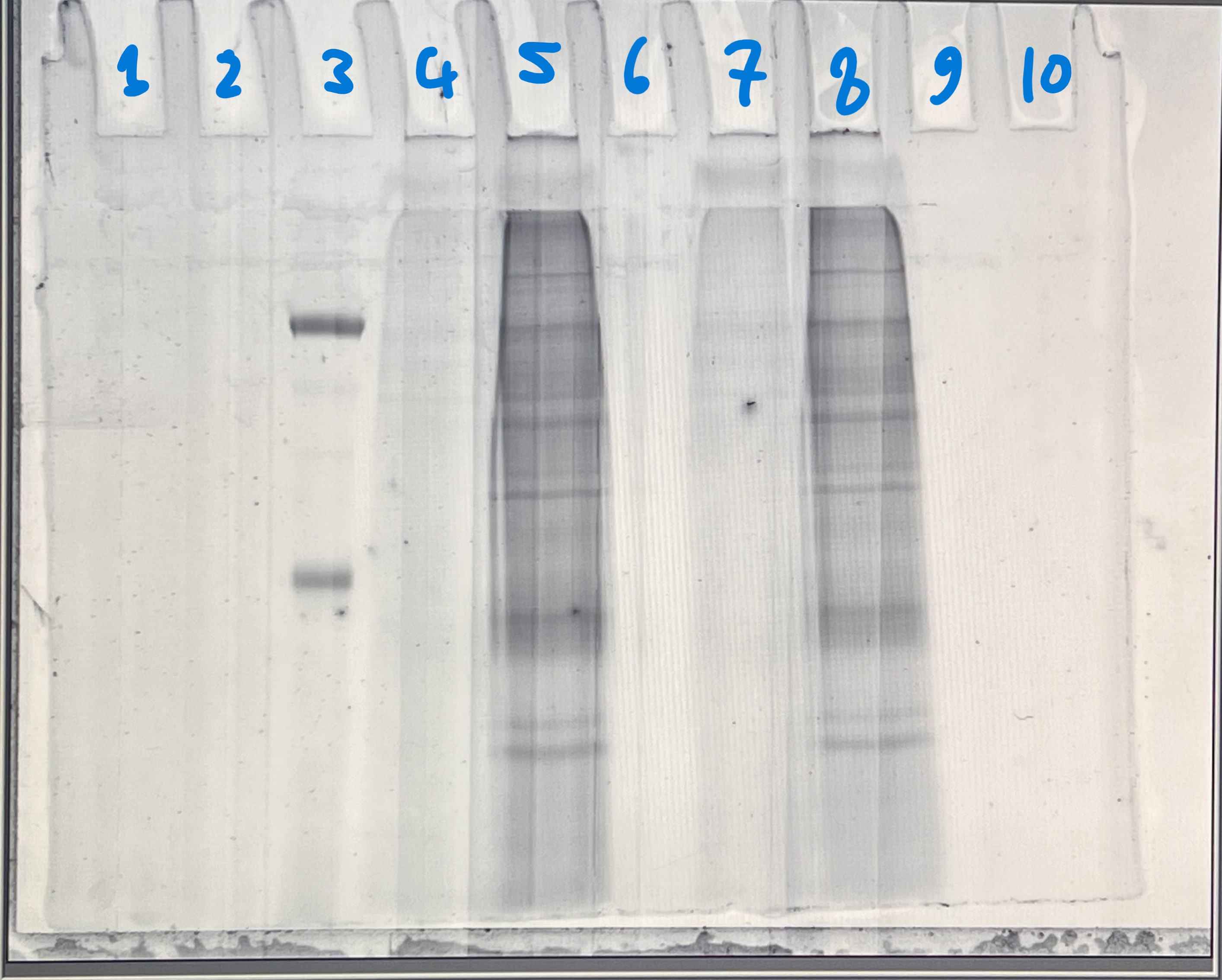
My Assay Results
What is the biggest challenge you came across in your research and leadership journeys so far, and what did you learn from it?
The biggest challenge I’ve encountered in my research and leadership journey came during my Leadership-in-Action project with The Portland Trust, working on healthcare reform in the West Bank. I was entering a context I knew little about - one shaped by a complex historical legacy, competing political interests, and rapidly changing realities on the ground. Reliable information was often hard to obtain, as almost everything was framed through a political lens. Even when data existed, the fast-moving situation meant it was often outdated or incomplete. I was familiar with uncertainty from scientific research, where it stems from physical phenomena we don’t yet fully understand, but this was different. Here, uncertainty arose from people - from politics, conflict, and social dynamics - and it demanded a different kind of response.
What I learned was the importance of cultural humility and adaptability. I had to accept that I couldn’t fully understand the situation from afar, and that leadership meant listening to local voices, deferring to their expertise, and revising assumptions as new insights emerged. It taught me that in uncertain environments, leadership is less about reaching an endpoint and more about maintaining direction and trust along the way.
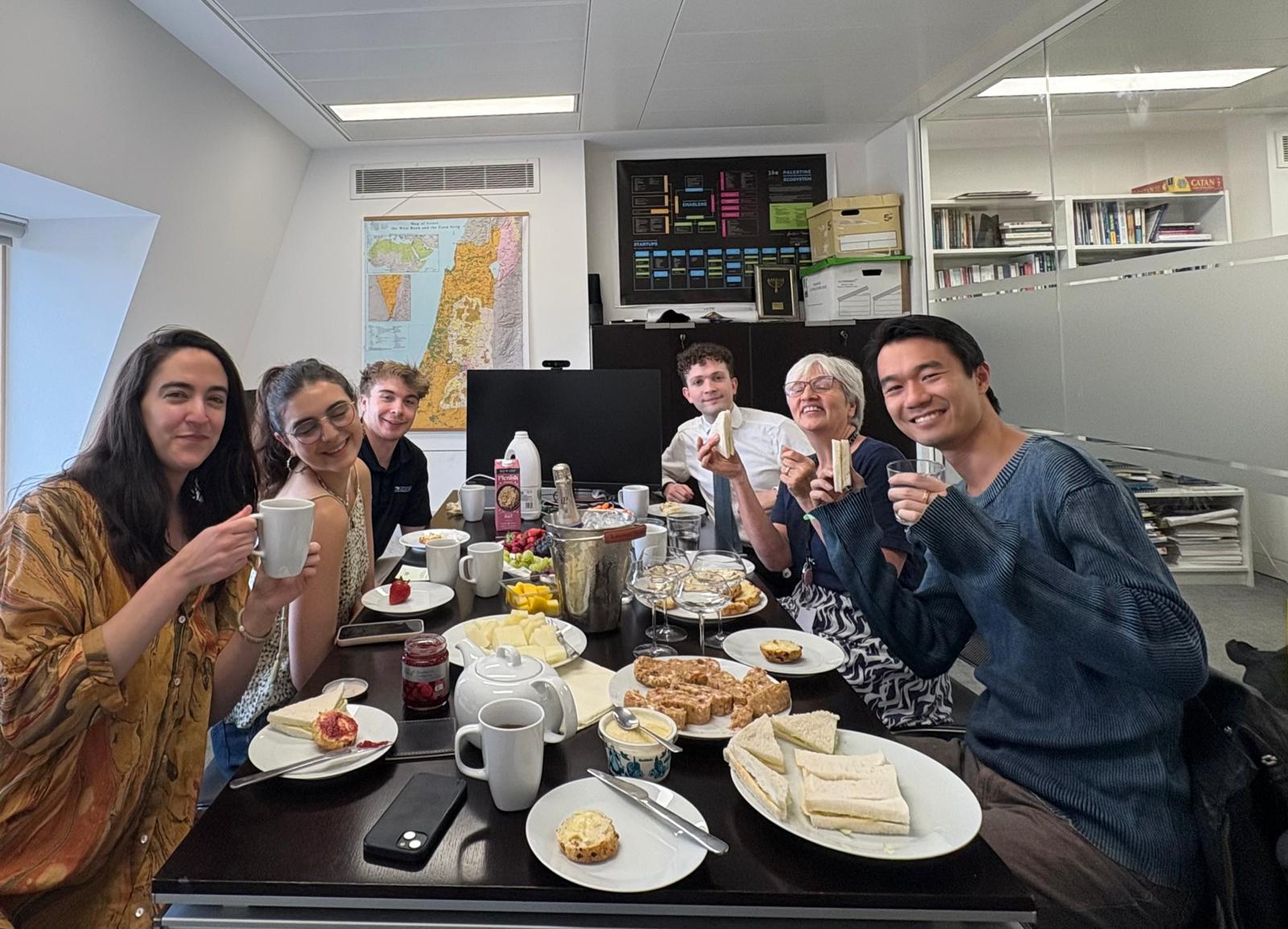
My first week at the Portland Trust
What does it mean for you to be a Laidlaw Scholar?
For me, the entire point of being a Laidlaw Scholar is to step outside your comfort zone and unlock your potential. Through this programme, I’ve done things I would never have imagined – gaining skills and experiences that have already opened new doors. My first summer research project, for example, directly helped me secure my industrial placement year, continuing my journey in pharmaceutical research and development.
Beyond these tangible skills, the mindset you develop as a Laidlaw Scholar is even more valuable. The programme is built around growth – learning to challenge yourself, take risks, and lead with confidence in unfamiliar settings. It teaches you to stay open, curious, and self-reflective, to learn from every experience, and to keep pushing yourself forward. More than anything, it’s made me realise how much you can achieve when you stop doubting yourself and just take the leap.
Which particular leaders inspire you the most and why?
John Locke inspires me as a key intellectual leader. Writing in a time dominated by monarchy and religious dogma, he argued that legitimate power comes only from the consent of the governed – a radical claim that transformed how societies understand justice, freedom, and government. His belief that rulers exist to protect, not restrict, individual rights laid the foundations of modern democracy and constitutional government. Not only did this require moral courage, but also intellectual clarity, humility, and a steadfast belief in reason — qualities that reflect the very values of the Laidlaw Scholarship. Like a Laidlaw Scholar, Locke questioned orthodoxy, sought truth through evidence, and acted with integrity even when his ideas were unpopular and put him in personal danger.
Beyond politics, Locke championed tolerance, education, and the pursuit of knowledge as tools for human progress – key tenets of liberalism that remain essential today. His conviction that free inquiry and understanding could improve society continues to inspire me. He showed that leadership can exist not just in power or status, but in thought, integrity, and the courage to challenge the world for the better.
Briefly describe a scene from the future you are striving to create.
I want to see a world free of disease. A world where the circumstance of your birth, whether in Pakistan, South Sudan or Palestine, does not condemn you or those you love to a life of preventable illness, inadequate access to healthcare, and an early death.
Achieving this vision requires a great leap forward in our scientific understanding in order to produce the treatments, preventions and other tools to effectively combat disease. Perhaps more importantly, institutions must exist to effectively deliver these innovations. This presents a complex political challenge – one rooted in governance, accountability and the incentives that shape development. Scientific progress alone cannot overcome systems that lack transparency or reward corruption. The future I strive for is one where innovation is matched by capable, honest institutions – where progress in medicine is sustained by prosperity, stability, and good government.
Quick Fire Questions
📺 Currently Binging:

📚 My top book recommendation:
The Blind Watchmaker – Richard Dawkins
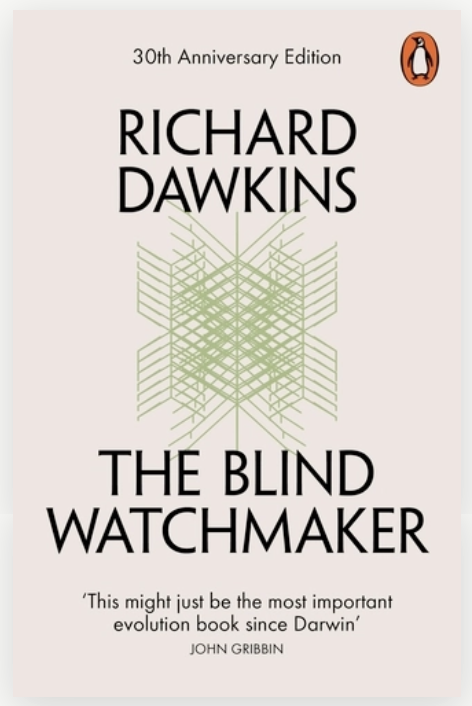
🎶 My anthem:
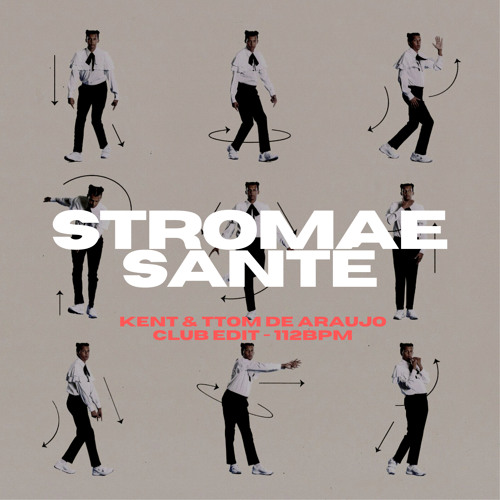
🎶 Current Podcast Obsession:

🌈 Something that made me feel joy recently:
Exploring the Dolomites.
If you want to learn more about Luc's work, explore his research here and follow him on Linkedin. Luc is a Laidlaw Undergraduate Leadership and Research Scholar at @Durham University . Become a Laidlaw Scholar to conduct a research project of your choice, develop your leadership skills, and join a global community of changemakers from world-leading universities.
Find out more about the Laidlaw Scholars Undergraduate Leadership and Research Programme.
🔦 Discover more Scholar Spotlights:
⚡️ Eliana Amoh, a Laidlaw Scholar at Cornell University, explores the intersection of education, labour, and migration in and out of Ghana.
⚡️ Patrícia Gonçalves, a Laidlaw Scholar at Oxford University's Saïd Business School, on navigating the crossroads of public and private sectors and championing a sustainable, equitable future.
⚡️ Jing Ma, a Laidlaw Scholar at UCL, explores the influences between the evolution of legal frameworks and civil society in Singapore.
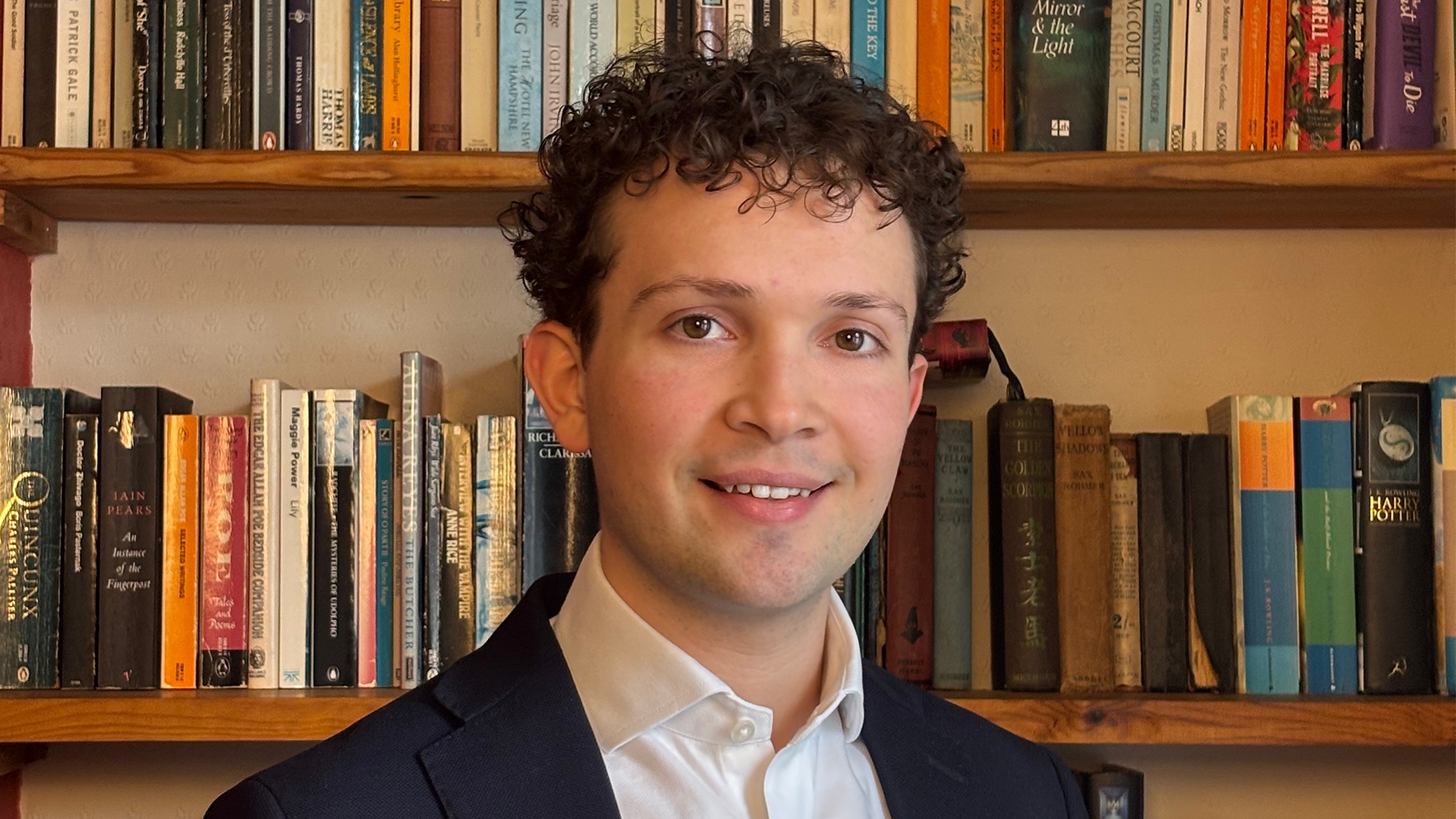


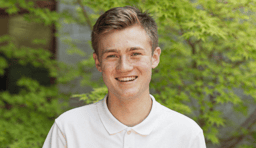

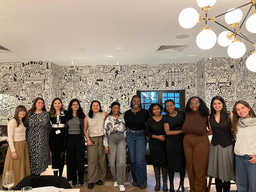
Please sign in
If you are a registered user on Laidlaw Scholars Network, please sign in